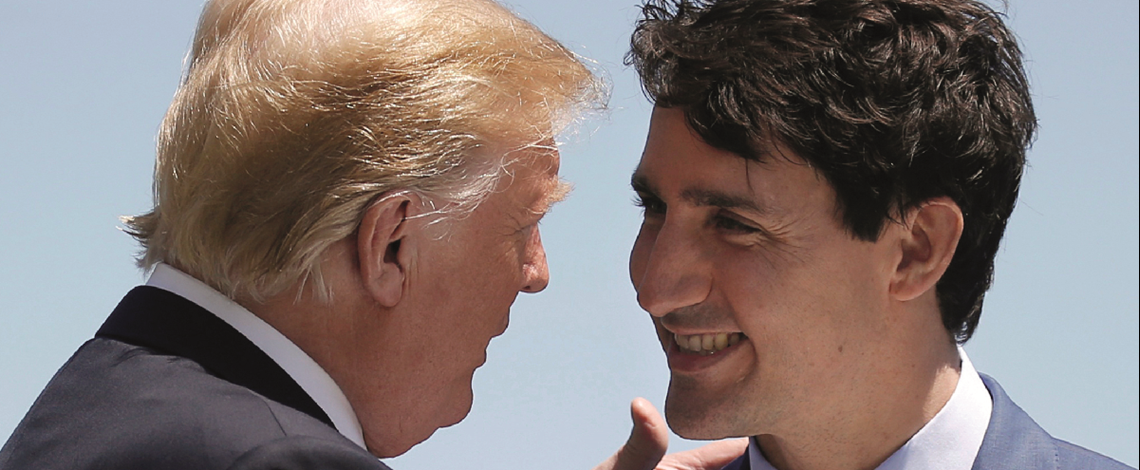USMCA designed to keep Canada from China's orbit
Despite the deal's benefits, the US veto raises increased uncertainties over trade and investment
The new US-Mexico-Canada agreement, or USMCA, which is expected to be signed by the end of November, offers its most northerly signatory an energy 'win' by scrapping a controversial decades-old proportionality clause. But a US say in Canada's ability to strike trade agreements raises a more concrete concern than the largely symbolic victory. The USMCA, which will replace the North American Free Trade Agreement (Nafta), eliminates a proportionality clause which required Canada to maintain a fixed proportion of oil exports to the US, even in the event of a supply disruption. It was a holdover from the original US-Canada free trade agreement, signed in the late 1980s, when long queues at Americ

Also in this section
18 February 2026
With Texas LNG approaching financial close, Alaska LNG advancing towards a phased buildout and Magnolia LNG positioned for future optionality, Glenfarne CEO Brendan Duval says the coming year will demonstrate how the company’s more focused, owner-operator approach is reshaping LNG infrastructure development in the North America
18 February 2026
The global gas industry is no longer on the backfoot, hesitantly justifying the value of its product, but has greater confidence in gas remaining a core part of the global energy mix for decades
18 February 2026
With marketable supply unlikely to grow significantly and limited scope for pipeline imports, Brazil is expected to continue relying on LNG to cover supply shortfalls, Ieda Gomes, senior adviser of Brazilian thinktank FGV Energia,
tells Petroleum Economist
17 February 2026
The 25th WPC Energy Congress, taking place in Riyadh, Saudi Arabia from 26–30 April 2026, will bring together leaders from the political, industrial, financial and technology sectors under the unifying theme “Pathways to an Energy Future for All”







